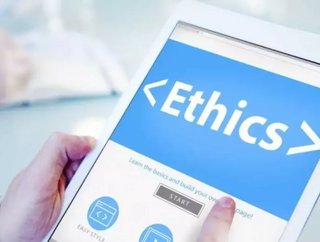Demanding an ethical African supply chain

Stay connected. Follow @SupplyChainD and @SamJermy on Twitter. Like our Facebook Page.
Africa is a continent rich in raw materials, arable land, minerals and oil. And, as consumers begin to demand more ethically sourced products, supply chains are facing increased public scrutiny.
Sadly products are sourced often unintentionally from unethical sources: evictions, forced labour and environmental destruction have accompanied all too many products bound for the international market.
“In the US and Europe there is a growing demand for supply chain transparency and responsible companies.” said Patricia Chin-Sweeney, senior partner at advisory firm I-DEV International.
While the trend is moving in the right direction, supply chain managers need to become more involved with their sources, extending scrutiny beyond the middlemen directly to the sources themselves.
“That means they are a little bit less familiar with what is actually happening on the ground, and that is a risk. Many times companies didn’t realise that these things were happening because they relied on middleman” Chin-Sweeney added.
MORE ON ETHICAL PROCUREMENT FROM SCD:
Why your supply chain may not be as ethical as you think
CIPS & Walk Free Foundation's ethical procurement guide
She also recognised how the continent faced a more basic challenge than more developed supply chains. She said: “One of the concerns for sourcing in Africa is getting things delivered in general, getting things delivered in time, and then a sense for the quality control.”
Companies should also invest in educational and development programs to ensure that producers can meet global supply chain standards and regulations.
Chin-Sweeny concluded by saying: “A lot of suppliers are dependent on big buyers. They won’t have a business if no one is buying from them. So companies can start with addressing what they can, and be very transparent about trying to move their industry in the right direction.”
African countries have started to adapt global regulations (the AGOA agreement is perhaps the best example of this) but when it comes to ethics, it is clear that much more work is needed from both sides of the supply chain.
While African suppliers can do a lot themselves to make their practices more ethical, Western consumers and supply chain managers can provide a critical economic reason for doing so.
Check out the May Issue of Supply Chain Digital.
SOURCES: [How We Made it in Africa, African Business Review]






